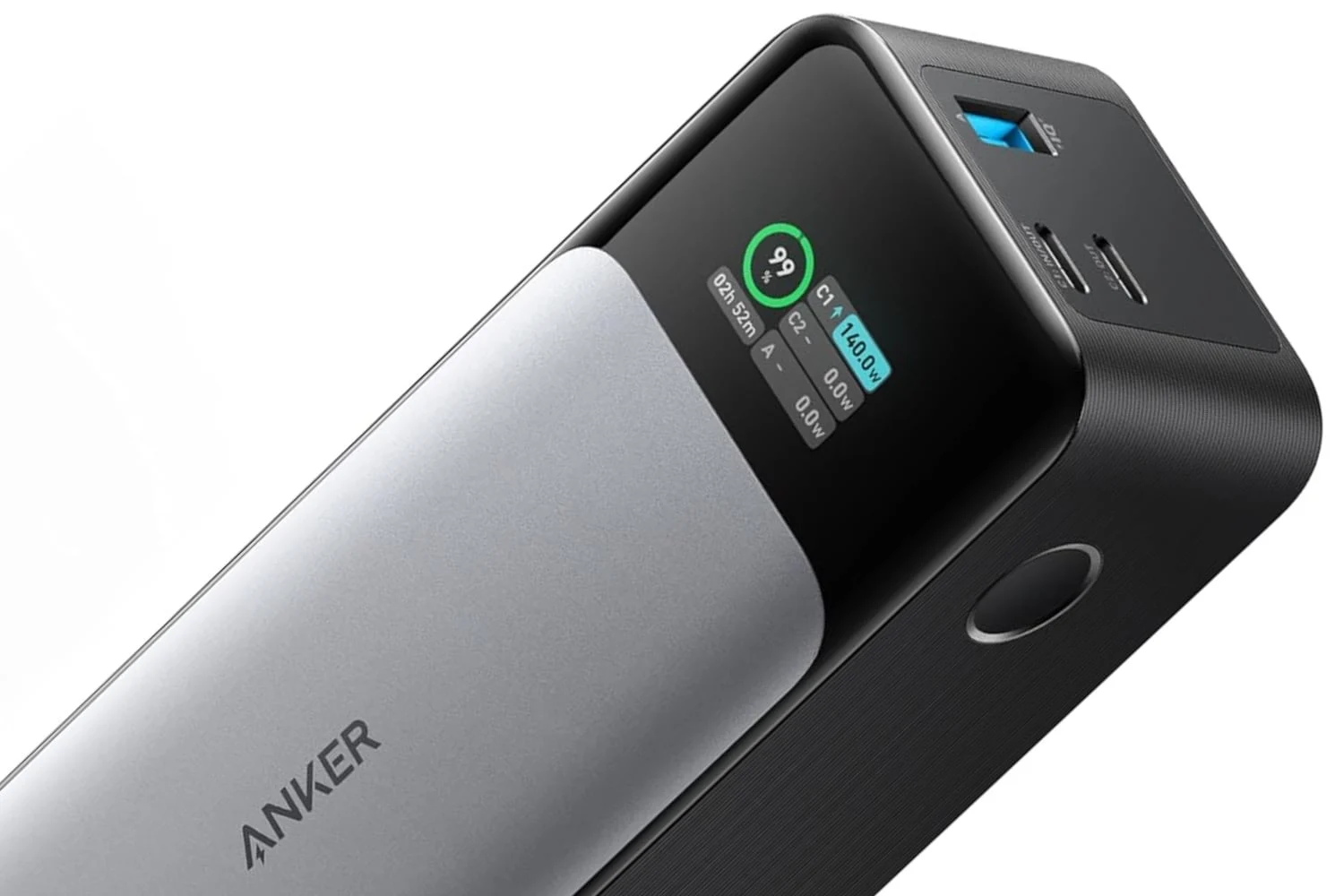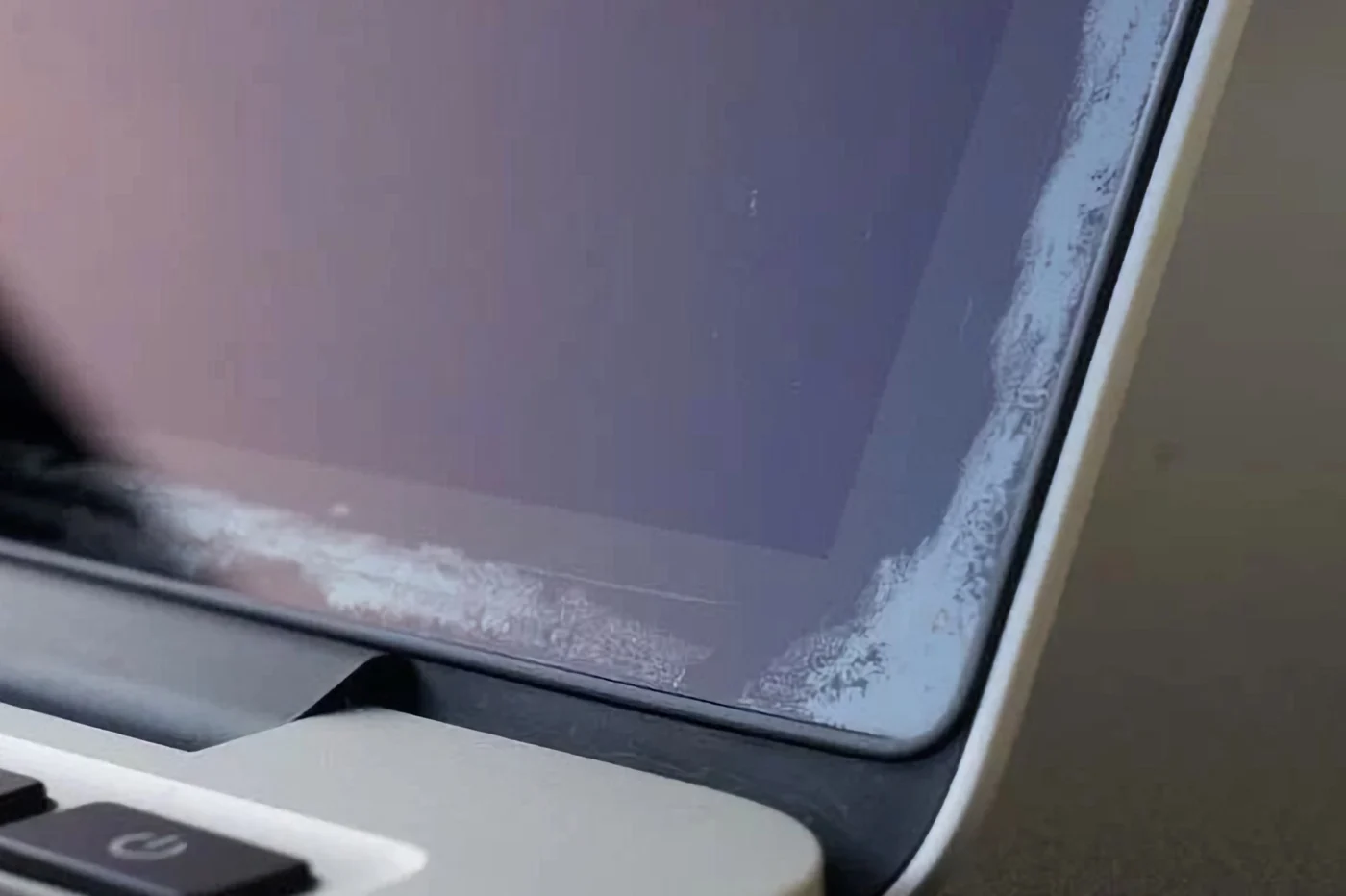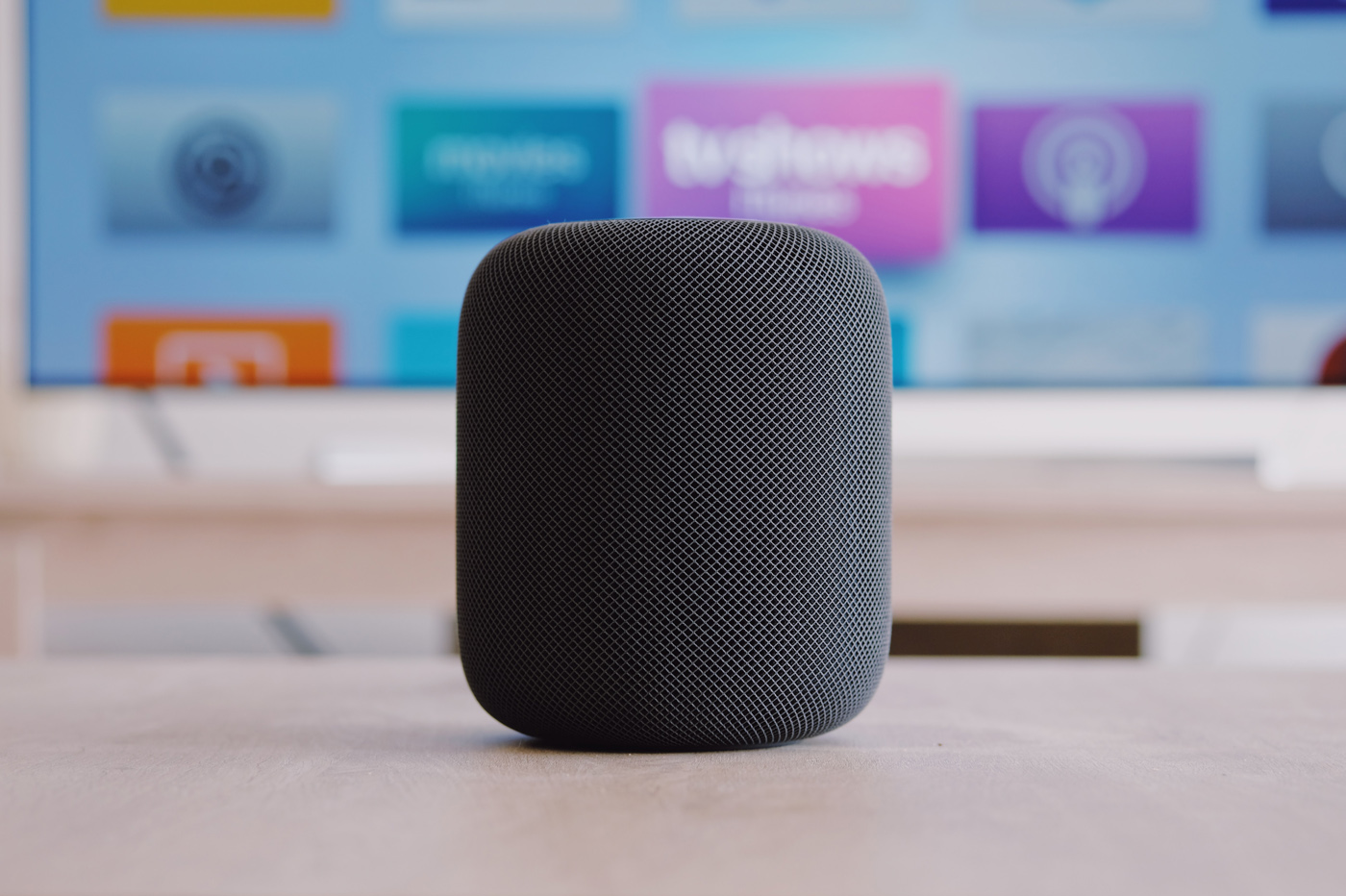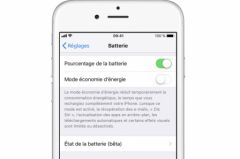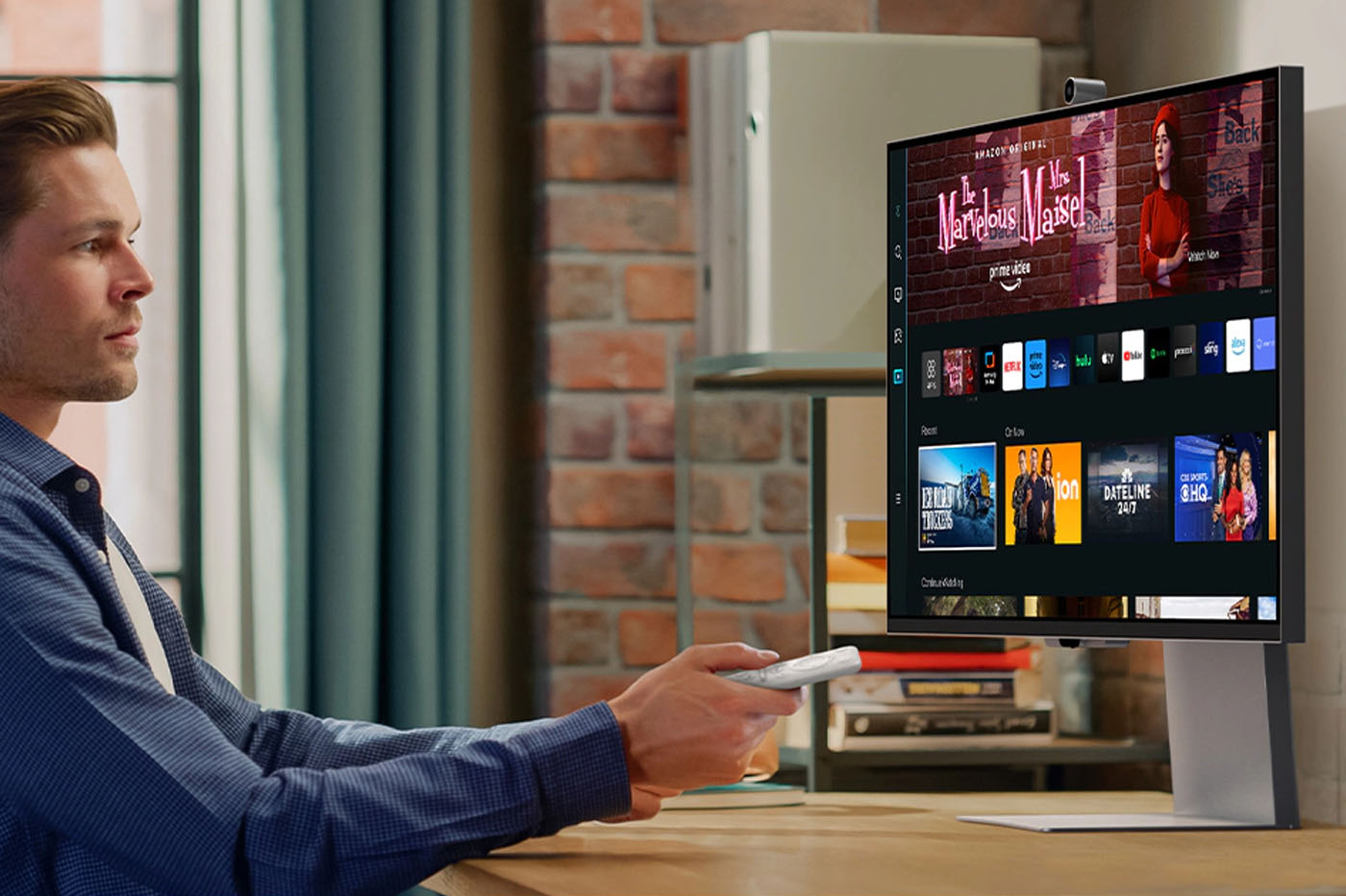- Apple prioritizes the protection of personal data in the Health app on iOS
- However, other brands have also gotten on board with the defense of privacy today.
- Santé has end-to-end encryption
Creepy. This is perhaps the first word that comes to mind after watching a brand new advertisement from Apple and broadcast in France. This follows a group of patients installed in a waiting room, while their datahealthare revealed out loud in the room. But at the end, one of the protagonists takes out her iPhone and launches the eponymous Apple app. This lists all the measures resulting in particular from theApple Watch: heart rate sensor, thermometer, blood oximeter, etc.
We will have guessed it after watching this video; Apple is allowing itself here an obvious nod to other smartphone brands which sometimes seem to have little use for their users' personal data. Or rather, on the contrary, to value them and then be able toresellto the highest bidders. Fortunately, the reality today is more nuanced, and Android also offers many privacy settings.
How Santé protects your data
Apple explains for its part that all the results presented in the Health app are encrypted. Among these, we can also find the number of steps, the duration of sleep or even an average respiratory rate. Some also provide information on the quantities of medications to take each day, and third-party developers go throughHealthKitcan adapt the content to their liking for owners of connected objects.
Google also offers its own similar app,Fit. The publisher specifies, however, that it does not share any of the information collected with third parties, which ranges from geolocation to physical activity monitoring, including the user's contact details and search history.
Other layers of security are available
At Apple, the Health app is powered by end-to-end encryption, but that's not all. Indeed, with the biometric unlocking technologies of Face ID and Touch ID, Internet users can also limit access to the device where the platform is installed. With this, we know that thetwo-factor authenticationis also on hand to secure any iCloud account – thankfully.
The only downside, and not the least: even today, doctors have difficulty trusting the data collected by connected watches and other smart bracelets. Hospital equipment still struggles to adapt to web 3.0, despite startupsmore and more promisingon the market.
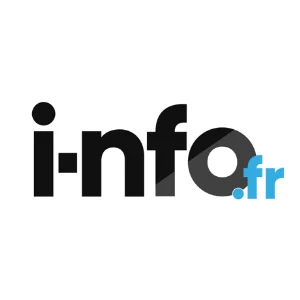
i-nfo.fr - Official iPhon.fr app
By : Keleops AG

